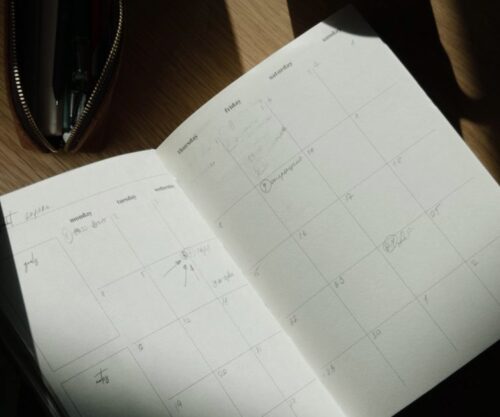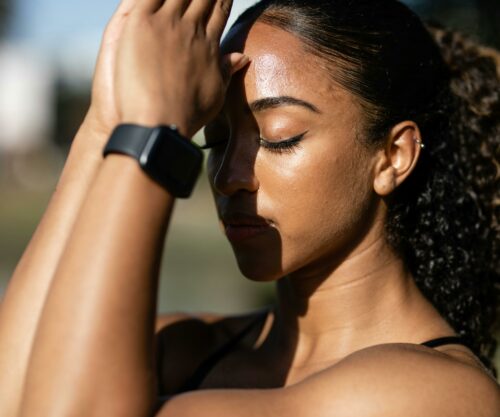
Picture: Pexels
Some gym-goers have started to become more and more accustomed to exercising barefoot, and many of them concur that doing so improves their foot strength, mobility, and balance.
While working out barefoot may have some advantages, there are also some drawbacks, such as the danger of infection or damage according to experts.
Below are pros and cons of working-out barefoot as provided by The American Sport and Fitness Association:
The Advantages of Barefoot Exercises
- Exercising without shoes or other accessories will cause muscles and muscle groups that aren’t utilised when wearing shoes to become active.
- Your foot gets worked out more vigorously and actively. Your foot will be able to move around freely and be put just about any place, which makes all of the tissues in your foot work harder.
- You can keep superior balance, posture, and form throughout the workout since your feet are in a natural position.
- The subsurface will be much easier for your bare foot to feel and detect. When you wear shoes, your foot feels unsteady, which inhibits muscle growth. As a result, your body will naturally allow you to use less force, decreasing the efficiency of your workout.
- Your workout’s efficiency can be greatly improved by permitting you to press with bare feet on the ground. More power and resistance lead to larger bulk and more muscular growth.
- Flexibility can be increased because there are no shoes to limit how your feet and toes can move.
The Disadvantages of Barefoot Workouts
- If you are not wearing safety shoes, you face the risk of stumbling over a sharp object and falling. This might not seem like a big deal, but if you’re trying to lift or squat 300 pounds, it might cause major injury. Therefore, make sure to thoroughly investigate the area to rule out any potential dangers or sharp objects.
- The potential for many injuries when training barefoot and squatting without shoes is a serious concern. You can almost guarantee that if you lose control and drop a 50 kg plate on your exposed foot, it will cause a twisted limb and harm. Even the toughest sneaker, meanwhile, would probably offer little protection in this circumstance.
- When exercising barefoot or squatting, the potential of fungal infections is frequently discussed. In a gym atmosphere, fungi like athlete’s foot thrive and can spread when they come into contact with bare feet. Because there are fewer individuals using the same spaces when working out at home or in another private location, there is a lower risk of developing a fungal infection.
Also see: The negative impact of exercising before you go to bed




